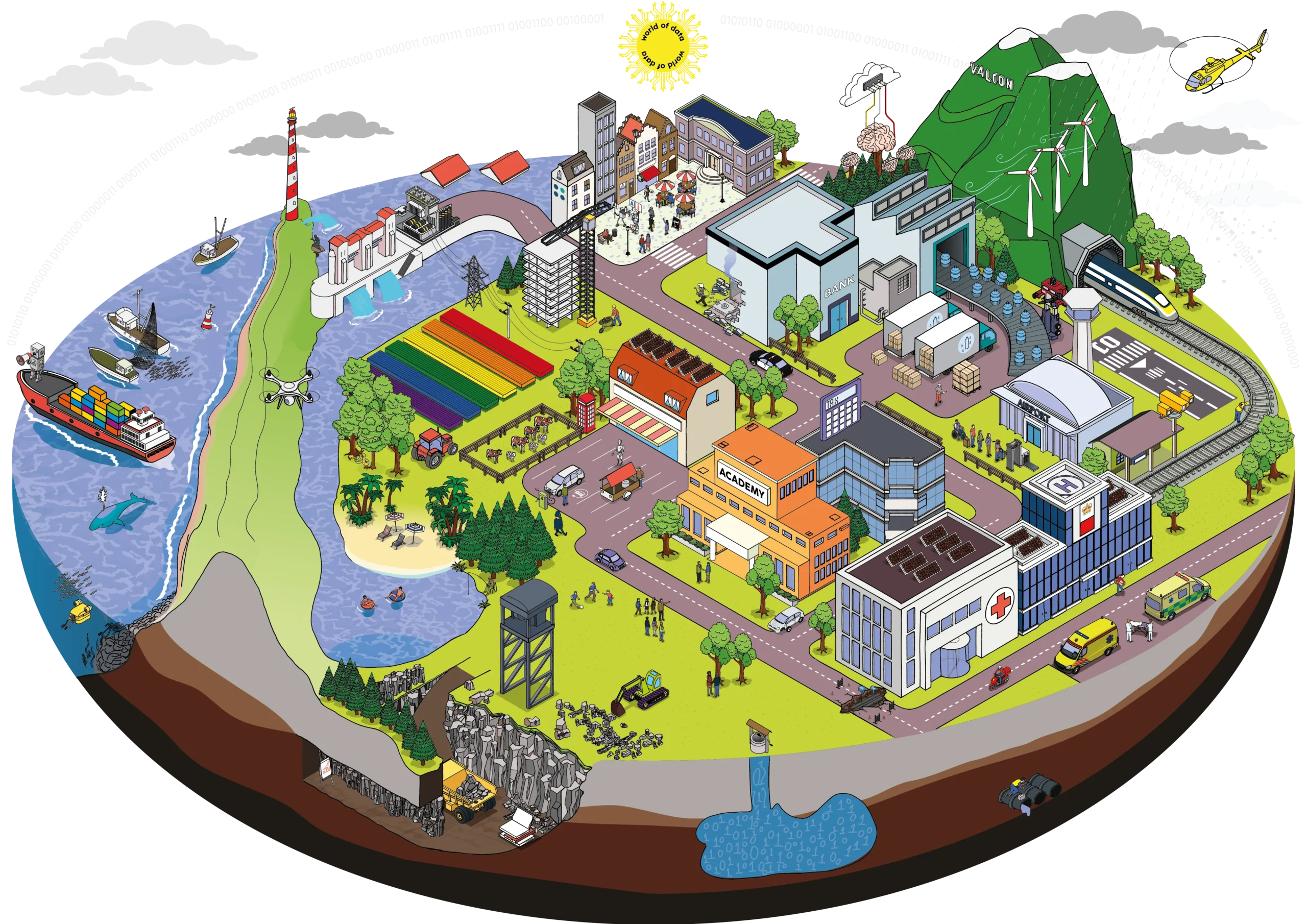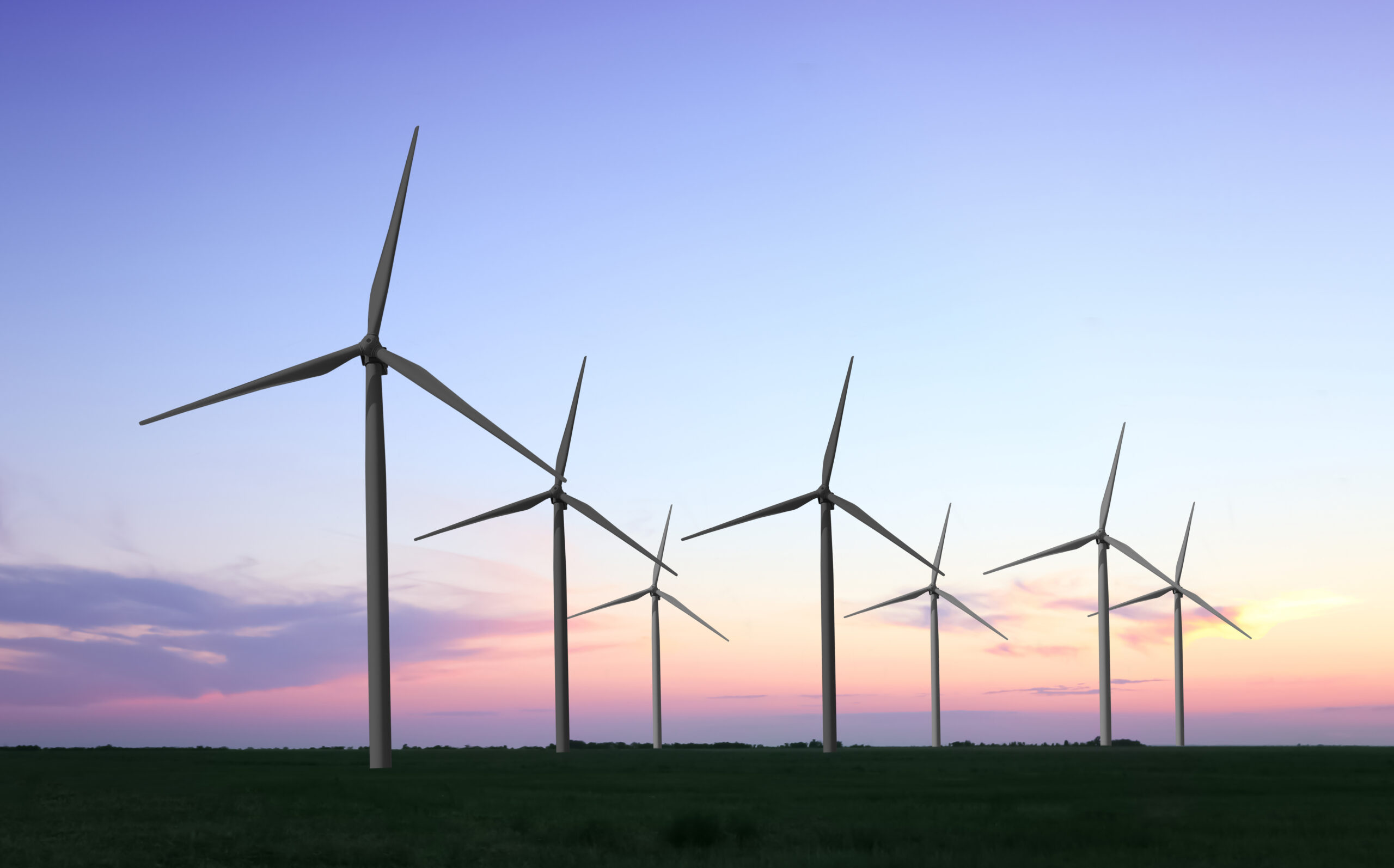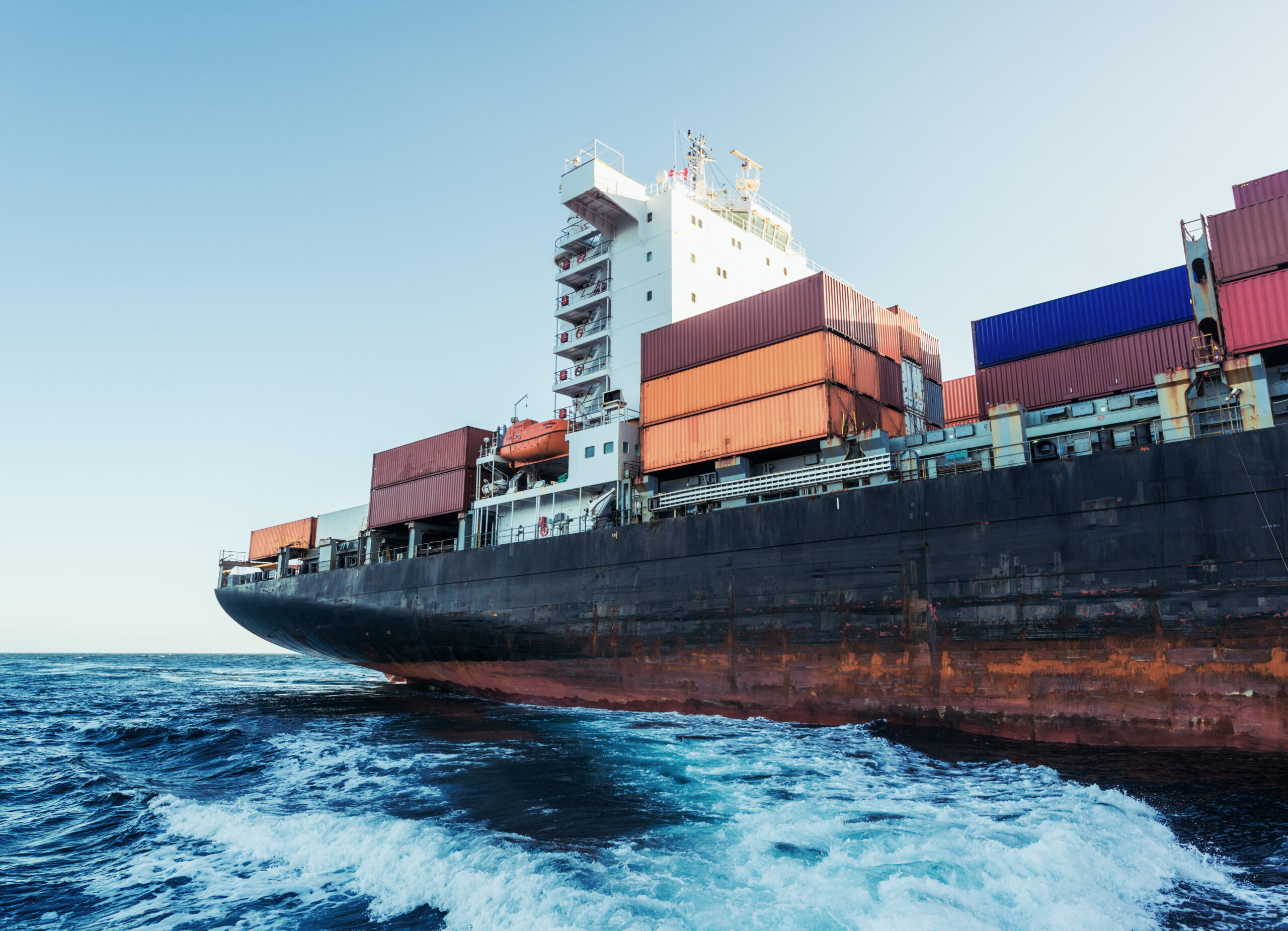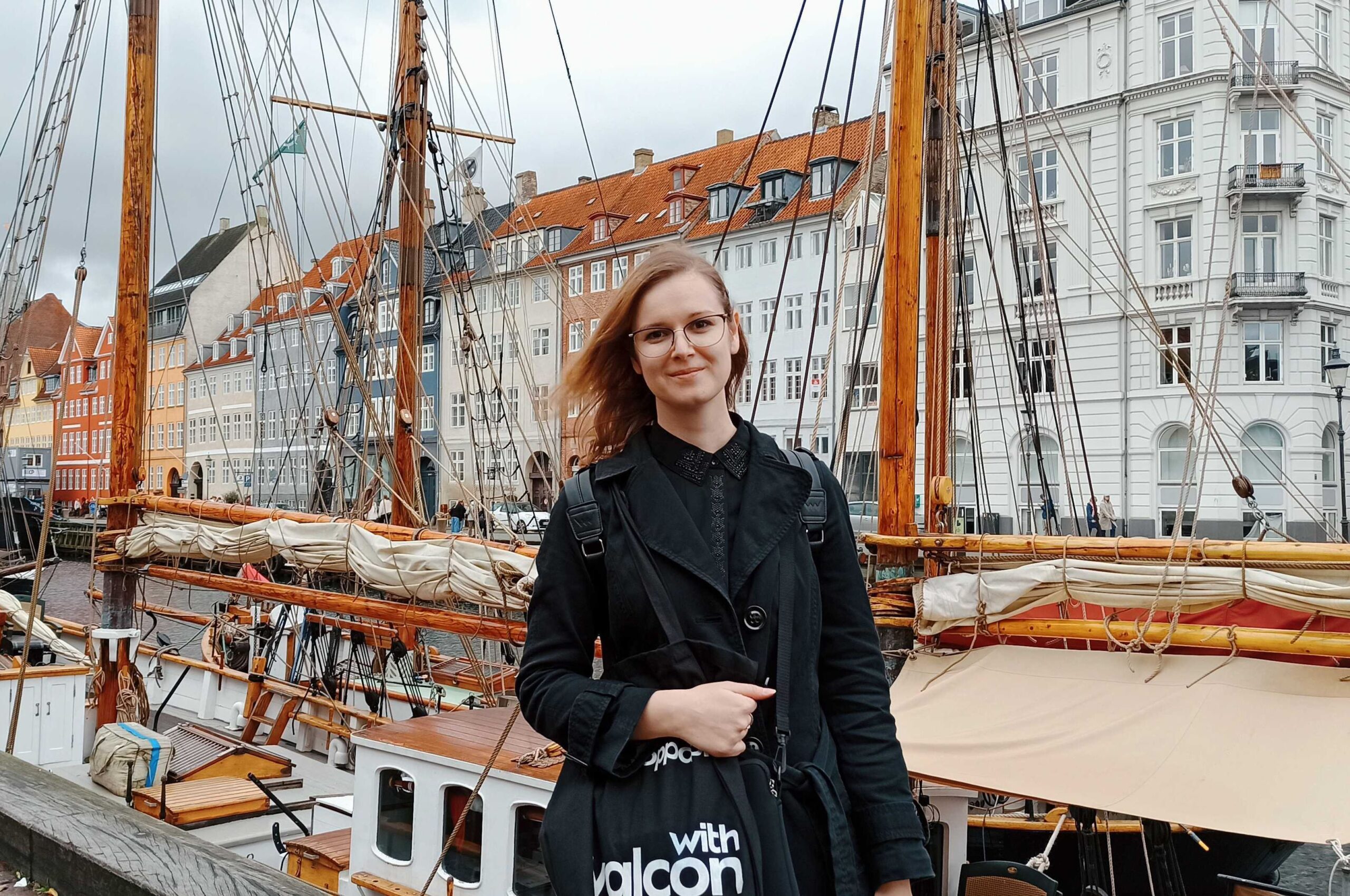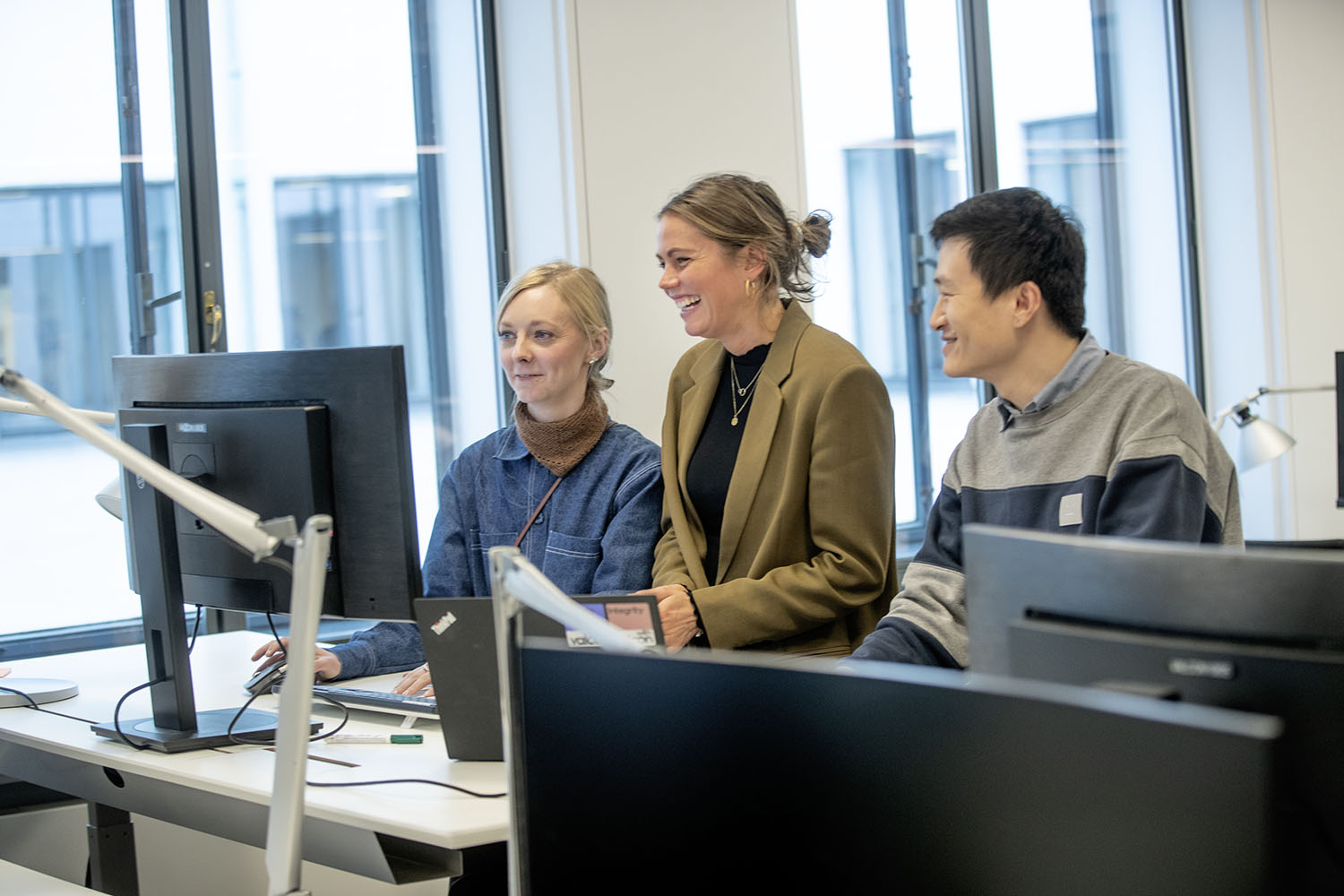The strategies often include ambitious targets such as being carbon neutral in 2030 or earlier. Many have also taken the first important steps, e.g. using LED power-saving lights in offices and factories, going from fossil fuel-based power to green power supply and changing the product packaging materials.
This is all well and good. But strategy and these ‘one-off’ first steps are only the beginning of a longer and bigger journey. Ahead awaits tough strategic choices, hard work and also cultural changes – here are a few examples from some of our recent client dialogues:
- International oil refinery: The market is trending towards plant-based oils, but what is the impact of this? Is it better in terms of carbon footprint? And what will be the impact on supply chain and production processes?
- Danish process technology company: How do we translate and embed our company sustainability goals into operations and supply chain? We have already plucked the low-hanging fruits. What are the levers we need to focus on in the long term?
- Danish COO: Today, we are measured on delivery performance, quality, productivity, and our key decisions are ultimately based on business cases – what weight should sustainability have? If equal, how do we then build it into our management systems? What changes do we need in terms of mindset and our daily work?
Perhaps you recognise some of these challenges and questions from your own organisation?
In short, sustainability as a strategic agenda will require operational organisations to face transformational questions and challenges. The good news is that the required toolbox is well-known; it’s just the sustainability vocabulary and metrics (SDGs, scope 1-2-3 emissions, CO2 equivalents, etc.) that are new and different.
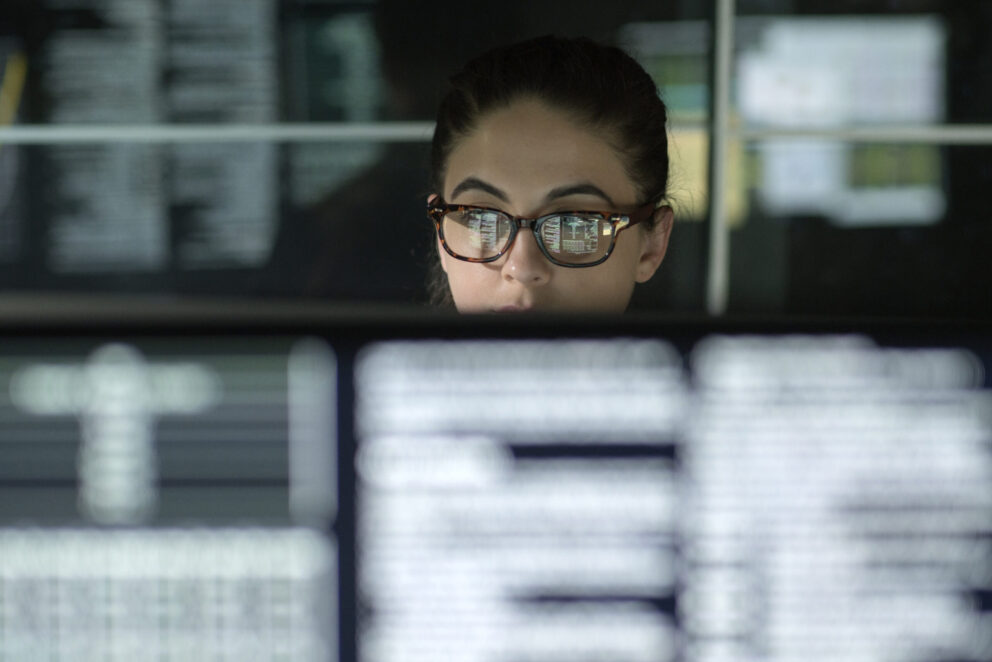
To move successfully from strategy to operations with your sustainability agenda, there are five aspects to consider:
- Process optimisation: Go through your processes systematically to increase simplicity, remove waste and increase OEE. Classical waste types such as over-production, waiting time and equipment downtime, non-value-adding transportation and motion, over-processing, too much inventory, scrap and faulty products are key contributors to your company’s footprint and therefore a good place to start.
- Supply chain optimisation and integration: Most of the footprints of your company come from outside your own production, which is why it is key for your sustainability transformation to work with your supply chain (also referred to as scope 3 in CO2 emission analyses). Analyse and review your suppliers’ sustainability efforts and performance, revisit contracts and terms of conditions and, maybe most importantly and challenging, work with your suppliers on their own transformation.
- Business management and transparency: You probably do not have the data you need to track your performance on sustainability and the effect of your sustainability initiatives, so you need to identify new, relevant and meaningful metrics, set up new data structures and visualisations to gain the insight you need. Secondly, your entire executive team needs to learn how to track and steer according to the new metrics.
- Competences: Business leaders and employees alike are schooled to make business decisions according to the financial rationale. However, with the sustainability agenda, the financial rationale can no longer stand alone in your business case. New knowledge and competencies are needed on how to analyse, argue, get ideas and implement sustainable solutions. New resources and significant training efforts may be needed to drive the transformation beyond discussions in the top executive team.
- Culture: Sustainability has the potential to act as a strong engagement driver for employees and stakeholders. However, sustainability needs to be integrated into both your strategy and the values of your company. And throughout your change journey, you need to nurture the culture (new mindsets, habits and behaviours) and energy needed to push the transformation into a sustainable business. Vital, but often easier said than done.
It is, of course, no trivial task. Done right, however, the sustainable transformation of your company can not only help your business contribute to solving the defining issue of our age. It will also create commercial opportunities and act as a driver for innovation and general optimisation of your company.

Our experience is that companies that succeed in their sustainability transformation generally approach this behemoth of a task in five very concrete steps:
- Analyse your baseline: Just as it is important to know your financial KPIs in order to manage the financial performance of your company, it is important to know your sustainability performance, both in your own organisation as well as up-and downstream the value chain.
- Set and communicate ambitious targets: You need to know where you are going, and your ambitious targets will serve as a lever for engagement inside and outside your company.
- Define concrete initiatives: A lot of ideas for more sustainable operations might already be in your company. The winners are those who quickly gather dedicated teams around the initiatives and get started on implementation.
- Implement efficiently: Implementation of initiatives will show your employees, partners and customers that your sustainability agenda is not just hot air and greenwashing but actual business to you.
- Adapt and learn: The field of sustainability is unmarked territory for most companies, and many of the needed solutions are still not identified. This goes for both companies and societies. It is therefore important that you accept that this is uncharted territory for everybody and that your change journey is designed in an agile manner, where you test and try, perhaps also fail, fast in order to learn and course correct.
Where is your company on your sustainability journey? Has sustainability become part of your strategic agenda yet? Has it also become an integral part of your operations yet? If not, you now know where to begin.
Want to learn more? If you would like to learn more, please email [email protected] and we’ll be in touch right away.
